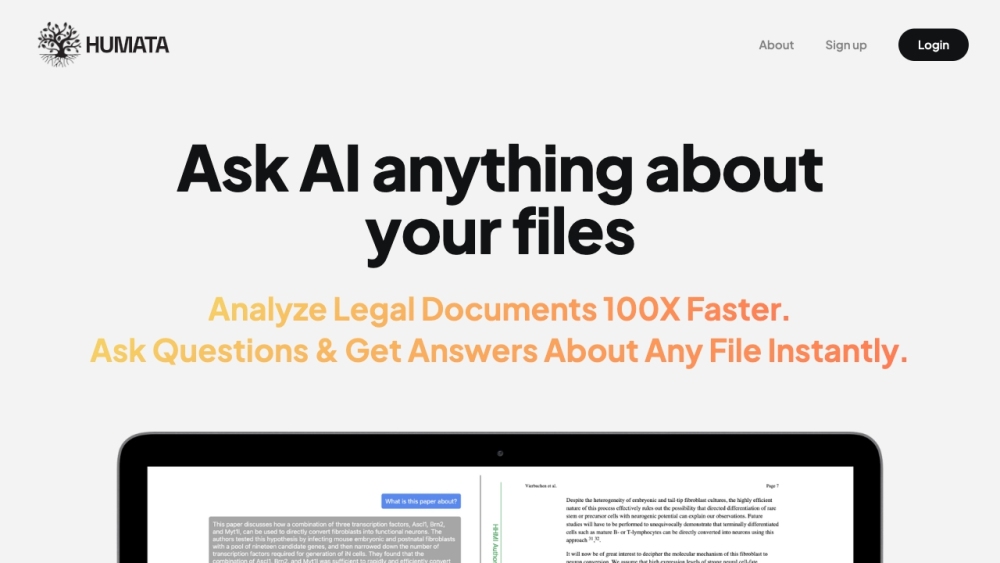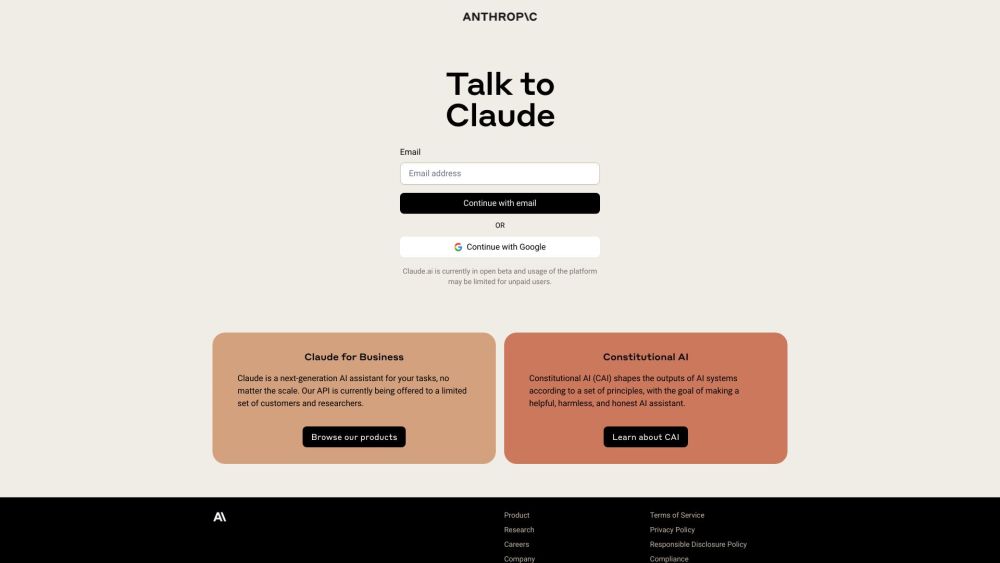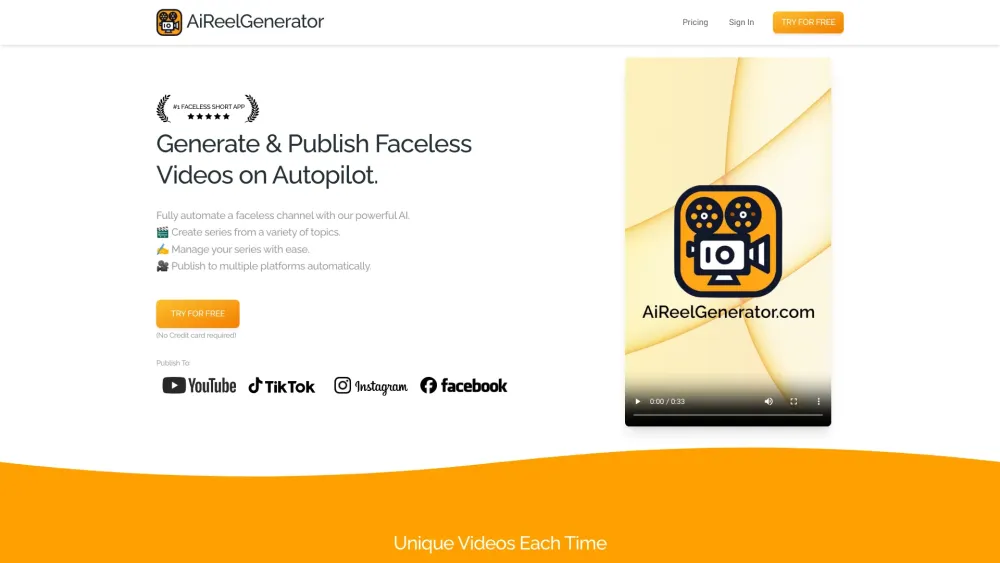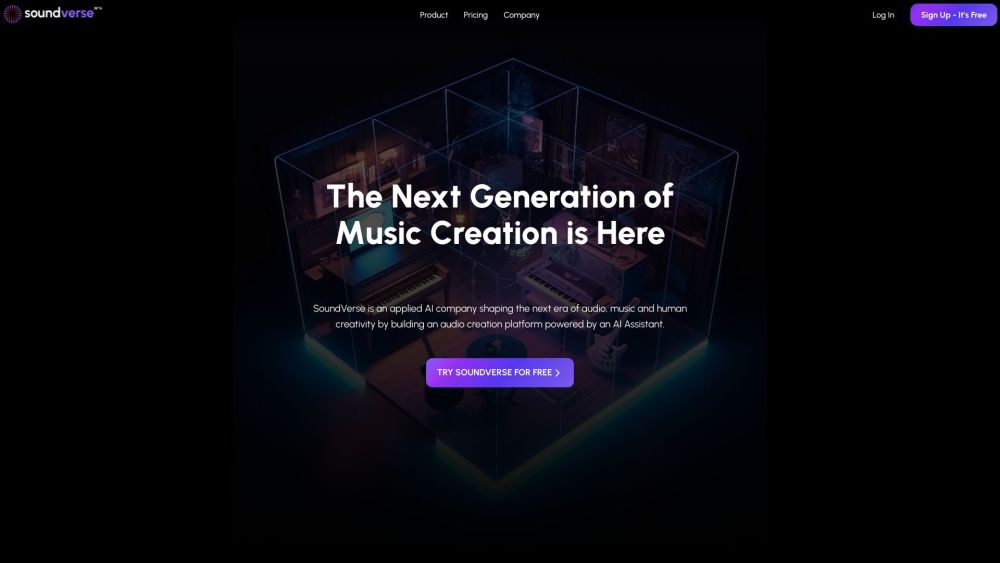In a groundbreaking moment for legal technology, an AI system has successfully negotiated a contract with another AI system without any human intervention. This swift agreement, finalized in mere minutes, required human oversight only at the final stage to add a signature. The technology developed by Luminance, a prominent legal tech company, facilitated the negotiation of a real non-disclosure agreement (NDA) between itself and proSapient, a client.
During a demonstration of this innovative software, images of lawyers appeared on two screens while Lumina’s AI meticulously analyzed and proposed enhancements to the NDA. Given the stringent privacy requirements associated with NDAs, meticulous legal scrutiny is often essential. Luminance's software enhances this process by highlighting problematic areas in red, subsequently revising those sections to align with optimal terms. Throughout the negotiation, it records changes while considering the firm’s standard contract preferences.
Jaeger Glucina, Luminance’s chief of staff, emphasized the advantages of utilizing AI for everyday negotiations: “By entrusting day-to-day negotiations to a legally trained AI that understands your business, we empower lawyers to channel their creativity where it matters most.” Luminance's own Large Language Model (LLM) has been trained on a vast dataset comprising over 150 million legal documents, positioning it as a formidable player in the legal tech landscape.
This AI-driven system represents a burgeoning trend set to reshape the legal profession. Although the negotiating software has yet to be deployed in real-world scenarios, AI's performance in legal contexts is improving steadily. A recent study revealed that GPT-4 outperformed many aspiring lawyers on the legal ethics examination, which is a prerequisite for practicing law in nearly all states. In a simulated Multistate Professional Responsibility Exam (MPRE), GPT-4 achieved an accuracy rate of 74%, surpassing the approximate 68% national average for human test-takers.
Furthermore, studies indicate that GPT-4 can now successfully pass the bar exam, an advancement beyond its earlier performance, which was adequate for passing law school finals but not exceptional. While these developments suggest that AI can assist in legal education, it is worth noting that AI does not necessarily enhance the quality of students' work, even if it accelerates their writing processes.
Despite its advancing capabilities, the use of AI in actual cases has faced challenges. For instance, in a recent request for retrial for Prakazrel “Pras” Michel, of the Fugees, his defense lawyer's use of an experimental generative AI program to draft the closing argument proved disastrous. The new legal team criticized the AI-generated statement for presenting unfounded claims, misunderstanding critical legal tenets, and failing to identify significant flaws in the prosecution’s case.
Missteps involving AI in legal proceedings are not isolated incidents. Earlier this year, a Colorado attorney relied on what he believed were real court cases provided by ChatGPT, only to discover that many were fabricated. Consequently, the presiding judge was unable to locate the cited cases, leading to the motion's rejection and a warning of possible disciplinary action against the attorney. A similar incident in New York resulted in a lawyer being fined $5,000 for inappropriate use of AI-generated content.
Currently, AI's most substantial contributions are seen in the administrative and research aspects of legal work. According to AI legal expert Ceschino Brooks de Vita, who heads evangelism at Sirion, AI enhances legal research by navigating extensive legal databases to uncover relevant insights. This capability allows lawyers to quickly distill crucial information and precedents that strengthen their arguments, thereby saving time and improving the overall quality of legal research.
However, skepticism remains regarding AI's role in the legal field, particularly due to concerns over transparency. De Vita remarked, “As AI software evolves and becomes more independent, understanding its processes becomes increasingly challenging. This uncertainty breeds skepticism among legal professionals, their clients, and the public.”
Additionally, the limitations of AI's contextual understanding raise further apprehension. While adept at analyzing vast amounts of data, AI often falls short of comprehending intricate legal concepts fully. Observers argue that AI is unlikely to replace human lawyers in the foreseeable future. Trial lawyer C.L. Mike Schmidt pointed out, “AI lacks the nuanced problem-solving abilities, critical thinking, and empathy essential to client interactions. Although AI can automate routine tasks and analyze large datasets, the practice of law remains a highly sophisticated and intricate domain. AI is envisioned more as a supportive tool to enhance lawyers' efficiency and effectiveness, ultimately saving them time and resources.”
As AI continues to evolve within the legal landscape, its potential to revolutionize certain aspects of the profession is clear, but its adoption must be approached with caution and awareness of its limitations.




